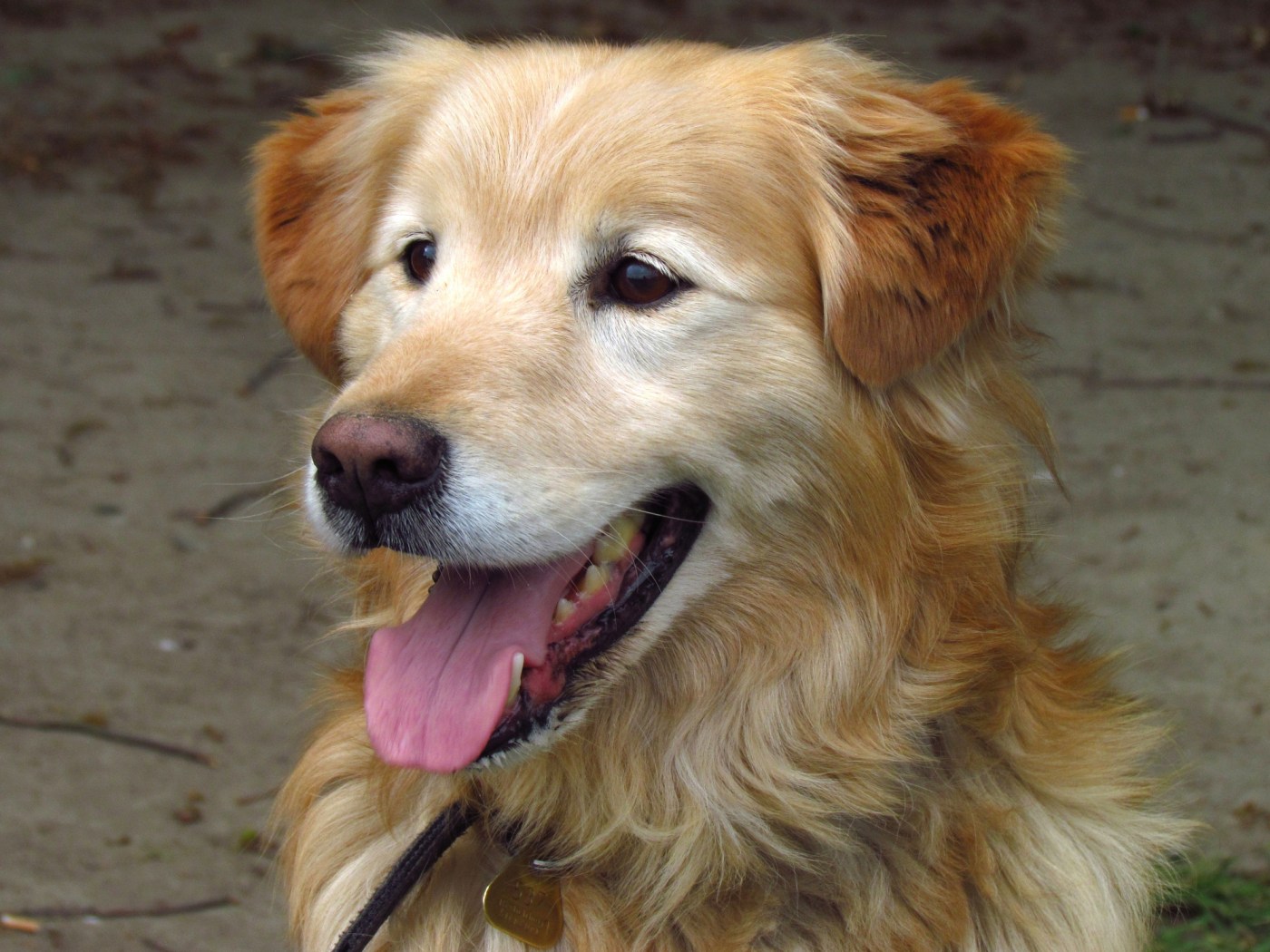Why Shaving Long-Haired Dogs in Summer Can Be Harmful

As temperatures soared during recent heat waves, many pet owners sought ways to keep their furry companions cool. For one dog owner, identified as S.H., the solution seemed simple: shave down their long-haired dog. However, this decision, while made with good intentions, may not have been the best approach according to veterinary experts.
Dr. John de Jong, President of the World Veterinary Association, explains that shaving long-haired dogs can actually do more harm than good. “Long-haired breeds have coats that serve as natural insulation,” he notes. “These coats protect dogs from the heat in summer and the cold in winter. Removing this layer can increase their risk of heat stroke and sunburn.”
The Role of a Dog’s Coat
Understanding the function of a dog’s coat is crucial for pet owners. Many long-haired dogs, such as those resembling a mix of spaniel, retriever, and shepherd, have a double coat. This consists of a dense undercoat and a longer outer coat, both of which play a vital role in temperature regulation.
According to Dr. de Jong, “The coat acts as a barrier against environmental extremes. Shaving it off removes this protective layer, leaving the skin exposed to direct sunlight and heat.”
Recognizing Heat Stress in Dogs
For those who have already shaved their dogs, it is important to be vigilant for signs of overheating. Dr. de Jong advises pet owners to watch for symptoms such as excessive panting, rapid breathing, drooling, lethargy, disorientation, and bright red gums.
“If a dog shows any of these signs, immediate action is required,” stresses Dr. de Jong. “Use cool wet towels, provide access to water, and if necessary, seek veterinary care immediately.”
In severe cases, overheating can lead to vomiting, diarrhea, seizures, and even death. Therefore, prevention is key.
Preventive Measures for Pet Owners
To prevent heat stroke, Dr. de Jong recommends ensuring that dogs have plenty of shade, access to water, and limited exercise during the hottest parts of the day. Most importantly, never leave a dog in a parked car, as temperatures can rise rapidly, posing a severe risk to the animal’s health.
For those concerned about their pet’s comfort during summer, alternatives to shaving include regular grooming to remove loose hair and mats, which can help improve air circulation close to the skin.
Looking Ahead
While S.H.’s dog’s coat is expected to grow back without issues, Dr. de Jong advises against repeating the shaving next year. Instead, he suggests consulting with a professional groomer or veterinarian for advice tailored to specific breeds and individual dogs.
Dr. John de Jong, who also operates the Boston Mobile Veterinary Clinic, emphasizes the importance of informed decisions when it comes to pet care. “Understanding the needs of your pet and the role of their natural features is crucial in ensuring their well-being,” he concludes.
For further guidance, pet owners can reach out to veterinary professionals or organizations such as the World Veterinary Association for expert advice.






